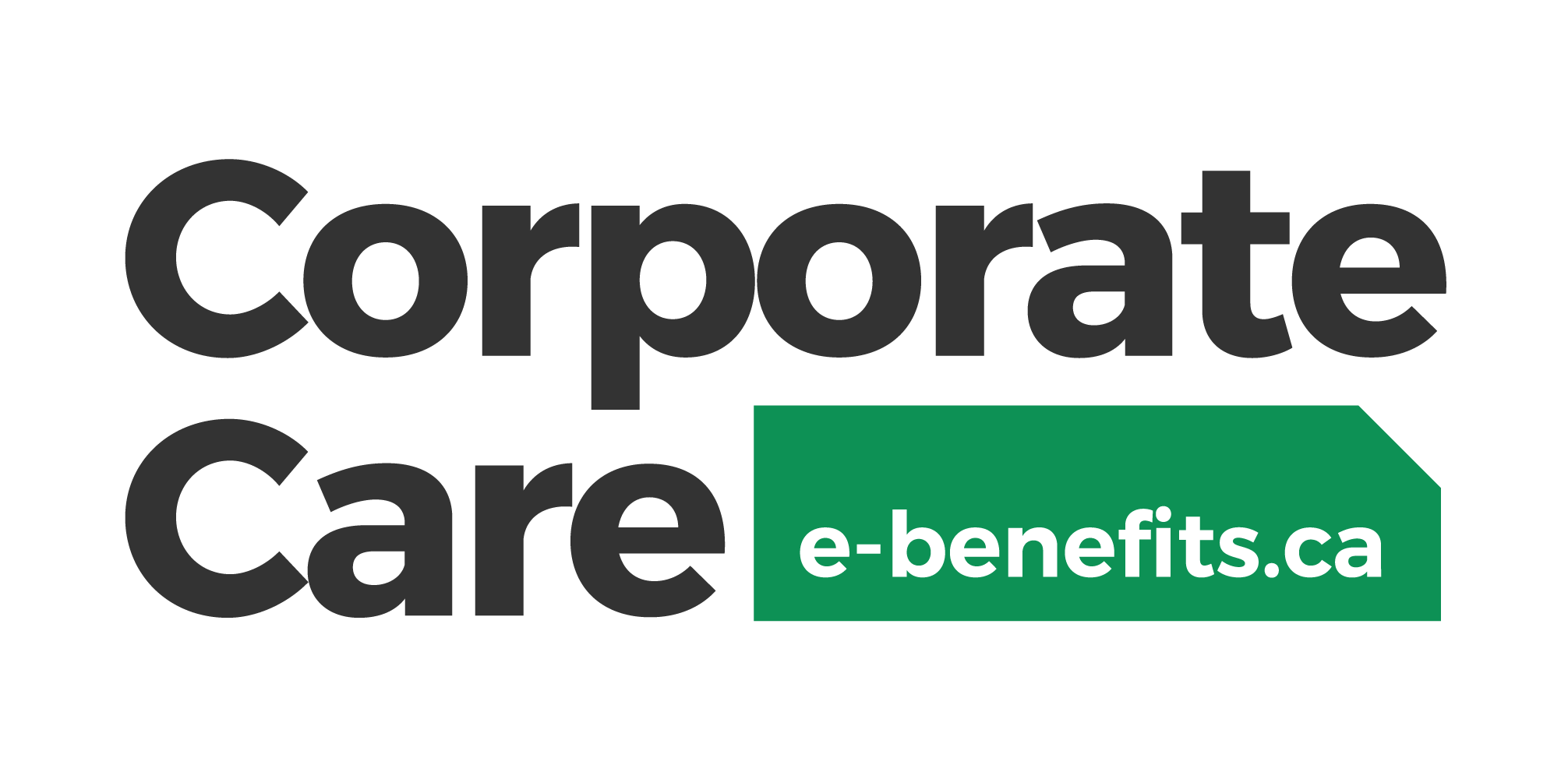7 Tax Write Offs For Your Small Business
What is a tax write off under Canadian law?
First off, what even is a tax write off? As a small business, you get to claim expenses against your overall business income. Effectively this reduces the amount you have to pay in taxes at the end of the year. But you can’t just write off anything. Examples of potential write offs under Canadian law include child care, tuition, digital news subscriptions and, potentially, your personal medical expenses.
Here are seven more things your small business can write off expenses on.
Unsold Inventory
Do you have inventory that is past its expiry date or has gone obsolete? Did trends change and now there is no way you’re going to sell those printed t-shirts? You can write off this inventory so long as you have some degree of certainty you’re never going to be able to sell them.
Dues, Taxes, Fees, Licenses
These are things like annual or monthly/subscriptions or dues for commercial or trade organizations. Just be careful around recreation activities or dining out (think club memberships). If thats the main purpose of such fees or dues, you’re not going to be able to deduct them.
Insurance
Be sure to keep track of all insurance premiums paid for buildings, machinery, equipment or any other insured asset that you use for your business. These add up, so you’ll want to make sure you’ve written them down! Since you’re a small business owner, you probably don’t have medical benefits/insurance through a provider like Blue Cross. Consider getting a PHSP through Corporate Care instead and begin writing off your medical expenses.
4. Advertising
Sure we all know that expenses paid on radio, television, and newspapers are tax deductible. But so are any advertising expenses for things like digital media advertising. Again, be sure to keep track of all the ways you pay for advertising now so that you don’t forget later. These include Google Adwords and Facebook along with any expenses for designers, copywriters, or digital marketers who help you to put the ads online.
5. Bad Debts
Ever had a bad customer who just wouldn’t pay up? If you’ve already included that “sale” in income for the year, then you can write off said receivable as an expense.
6. Vehicle Expenses
Use of vehicles can get a bit tricky. Not only does the CRA require you to keep track of your vehicle use (i.e. work vs. leisure), there are also many different expenses associated with a vehicle. For example, you’re going to want to keep a tally of fuel, motor oil, insurance, parking fees, repairs and maintenance, vehicle registration fees, lease payments if you lease the vehicle or capital cost allowance if you own it. Your tax deductible portion will then be determined by dividing the business mileage you’ve tracked by the total miles driven.
Vehicle Tax Deduction = Total Vehicle Expenses X (Miles driven for business/total miles)
7. Meals & Entertainment
Taxes and fun don’t really go together. They never have. And so anything related to meals or entertainment, even when they’re for business, are only deductible at 50% of your total cost. This even goes for when you’re travelling or are at conventions/conferences.
Bonus Write Off!
Want to know one of the easiest write offs of all? Open a CRA-approved Corporate Care PHSP account and you will be able to write off you and your family’s personal medical expenses to your business. Want to know more about how it works? Head over to our How It Works page.
Or you can start saving today…

